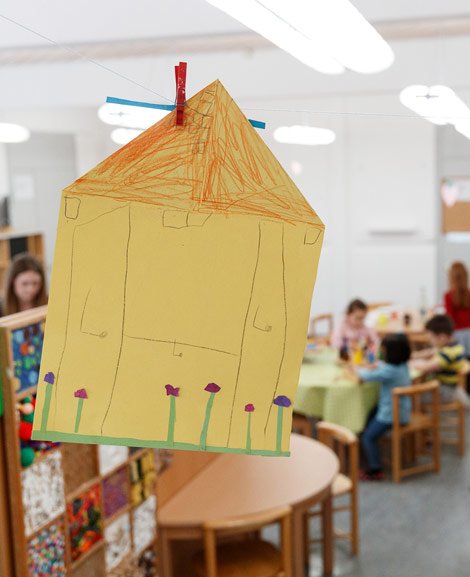Why are we running this project?
All over Germany, daycare centers are under considerable pressure to change. Firstly, they have to handle the dramatic expansion, driven in the past few years primarily by the legal entitlement to a childcare place. Despite record numbers of young people training to become early childhood educators, there is a shortage of professionals nationwide. Secondly, quality demands on early childhood education have grown. And thirdly, professionals have to handle new pedagogical challenges, including the increasing heterogeneity of groups as well as parents demanding a greater say. This makes the idea of the daycare center as a learning organization increasingly significant, rendering skills in HR management and development, general management, and organizational development more and more important. Contrary to the school, university, and continuing education sectors, early childhood pedagogy in Germany lacks a range of conceptual approaches to systematically support such development processes. The handbook aims to close this gap, helping daycare centers to look at how they handle changes and challenges and to set out on a viable development path.
What are our goals?
The handbook aims to put organizational development in early childhood education on the map and to present successful best practice examples. The showcased development processes are designed to provide easy-to-understand access to the topic. Intended as input for a daycare center’s own advancement, the practical examples can serve as an incentive and motivation for another institution’s development.
How does the project work?
The handbook was developed in a multi-stage research project by scientists of the universities in Heidelberg and Hildesheim. Based on a review of organizational development in early childhood education, the research group surveyed daycare centers with good solutions. What demands do daycare centers face today? What kind of events trigger fundamental changes? How are these processes designed? What works? What obstacles are there? In the next stage, the practitioners’ responses were processed to make them adaptable to real-life use, both by daycare center staff and service providers who support organizational development processes of daycare centers or run training courses for their staff.
The resulting handbook covers several current fields of work: the participation of children and parents, activities on management level, HR development, and challenges entailed by the continuous growth of the sector. Each topic is presented by way of numerous examples and quotes as well as reflective questions. The handbook is complemented by online material such as schedules and checklists.
It is suitable both as a source of information for professionals in the field and as a resource for team meetings and training sessions. But first and foremost, it is meant as an initial impulse and may grow together with the best-practice daycare centers.


